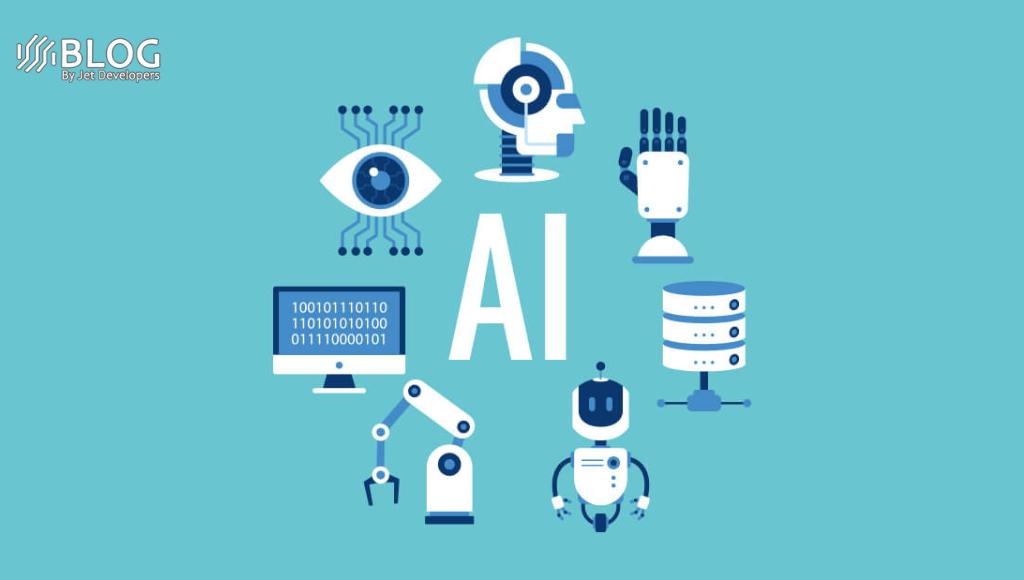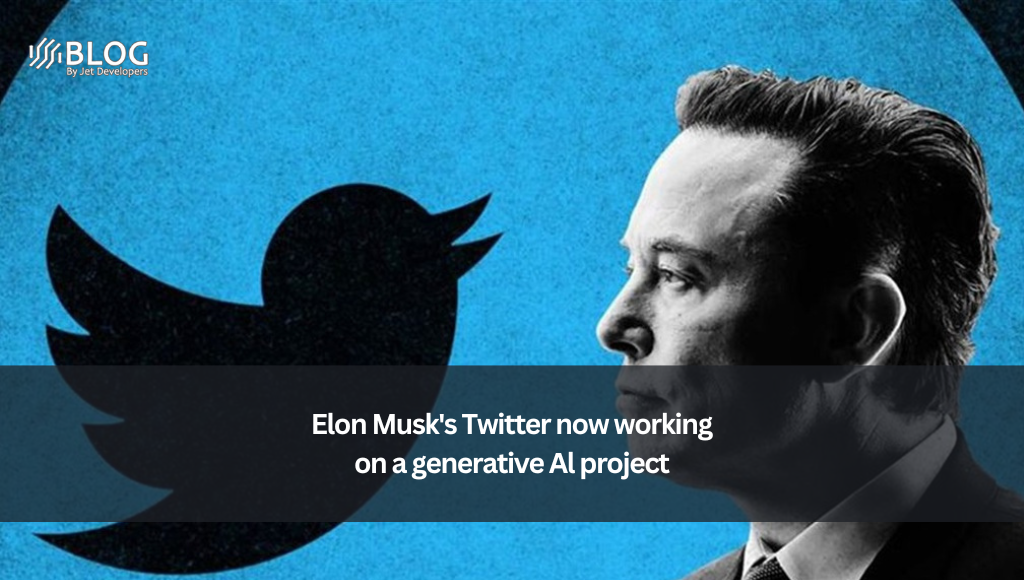Artificial Intelligence (AI) has emerged as a revolutionary force that is transforming various aspects of our lives, including cost savings, productivity, and jobs. With its ability to process and analyze vast amounts of data at unprecedented speed, AI is reshaping industries and driving innovation in ways that were previously unimaginable. This article explores the profound impact of AI on cost savings, productivity, and jobs, delving into both the benefits and challenges it presents.
Cost Savings:
One of the most significant impacts of AI is its ability to generate substantial cost savings for businesses across different sectors. By automating routine and repetitive tasks, AI technology enables companies to streamline their operations, reduce labor costs, and optimize resource allocation. AI-powered systems can perform tasks with greater efficiency, accuracy, and consistency compared to humans, leading to improved cost-effectiveness.
AI-powered solutions also enhance cost savings through predictive analytics. By analyzing vast amounts of data, AI algorithms can identify patterns, detect anomalies, and make data-driven predictions. This enables businesses to optimize their supply chain management, inventory control, and production processes, minimizing waste and maximizing efficiency. As a result, companies can achieve significant cost reductions while maintaining or improving the quality of their products and services.
Productivity Boost:
AI is a game-changer when it comes to boosting productivity. By automating mundane and time-consuming tasks, AI frees up human resources to focus on higher-value activities that require creativity, critical thinking, and problem-solving skills. This not only enhances individual productivity but also leads to overall organizational efficiency.
AI-powered tools and systems can handle data analysis, customer support, document processing, and other repetitive tasks with exceptional speed and accuracy. This enables employees to shift their attention to more complex and strategic endeavors that contribute to innovation and growth. By augmenting human capabilities, AI empowers workers to achieve more in less time, accelerating productivity gains across industries.
Job Transformations:
While AI brings numerous benefits, concerns about job displacement have been raised. It is true that AI technologies can automate certain tasks previously performed by humans, leading to workforce restructuring and job transformations. However, history has shown that technological advancements often create new job opportunities that were not previously envisioned.
AI’s impact on jobs can be categorized into three main scenarios: job replacement, job enhancement, and job creation. Some routine and repetitive tasks may be automated, leading to the displacement of certain job roles. However, this also paves the way for job enhancement, as employees can focus on higher-value tasks that require human ingenuity and emotional intelligence. Additionally, AI-driven innovations frequently create new job roles that involve developing, implementing, and maintaining AI systems.
Furthermore, AI is driving the emergence of entirely new industries and business models. The demand for AI specialists, data scientists, and AI consultants has soared, offering new employment opportunities. Moreover, as AI technology continues to advance, it will create a ripple effect, leading to the development of new products, services, and industries, thus generating additional jobs.
Conclusion:
Artificial Intelligence is transforming the business landscape, revolutionizing cost savings, productivity, and jobs. The ability of AI to automate repetitive tasks, optimize processes, and provide data-driven insights offers immense cost savings for businesses across various sectors. Additionally, by augmenting human capabilities and streamlining operations, AI significantly boosts productivity.
While concerns about job displacement exist, AI also presents opportunities for job enhancement and creation. Rather than replacing humans, AI technology empowers workers to focus on higher-value tasks that require uniquely human skills. Moreover, the rise of AI has created new job roles and opened up entirely new industries.
To fully harness the potential of AI, it is crucial for businesses, governments, and individuals to adapt and embrace this transformative technology. By leveraging AI’s capabilities effectively, we can unlock unprecedented cost savings, achieve new levels of productivity, and create a future where humans and AI work in tandem to drive innovation and prosperity.






